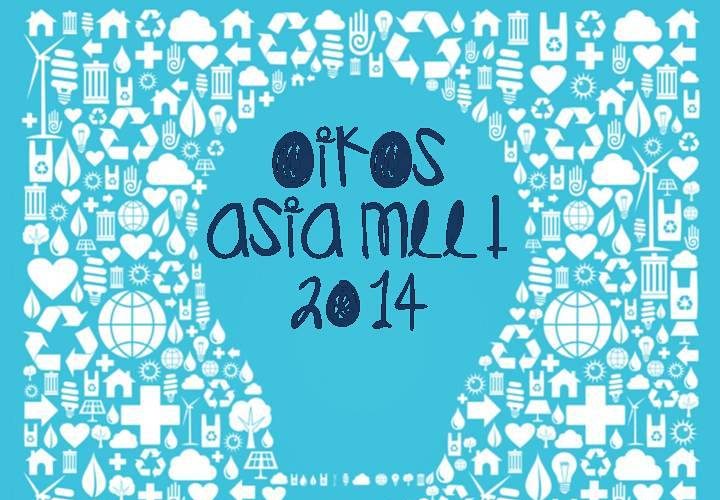Abstract The success of Apple Inc.’s products like the iPhone and the iPad made the company rely on manufacturers in Asia to produce its products at a lower...
Abstract In July 2012 Peter Terium was named the new CEO of RWE, the biggest electricity provider in Germany. RWE has performed financially well over the previous 40...
Abstract Founded in 2007 in Portland, Oregon, Hopworks Urban Brewery is a sustainability-focused brewpub that produces certified organic beer. The State of Oregon is the second largest producer...
Abstract Many for-profit enterprises with a strong social or environmental mission, as well as businesses with a strong commitment to corporate social responsibility, struggle with the issue of...
Abstract This case study is about a gold mining company that sought to practice “responsible mining” by reaching out to stakeholders and addressing environmental concerns, but which nevertheless...
11th edition of the annual oikos Case Writing Competition awards leading teaching cases on sustainability in management and entrepreneurship St. Gallen, 26th May 2014 – oikos, the international...
Case Abstract The case describes the strategic dilemma involved while taking the decision on the ‘modus operate’ of CSR department for one of the leading Indian MNCs (‘Tata...
- 1
- 2


